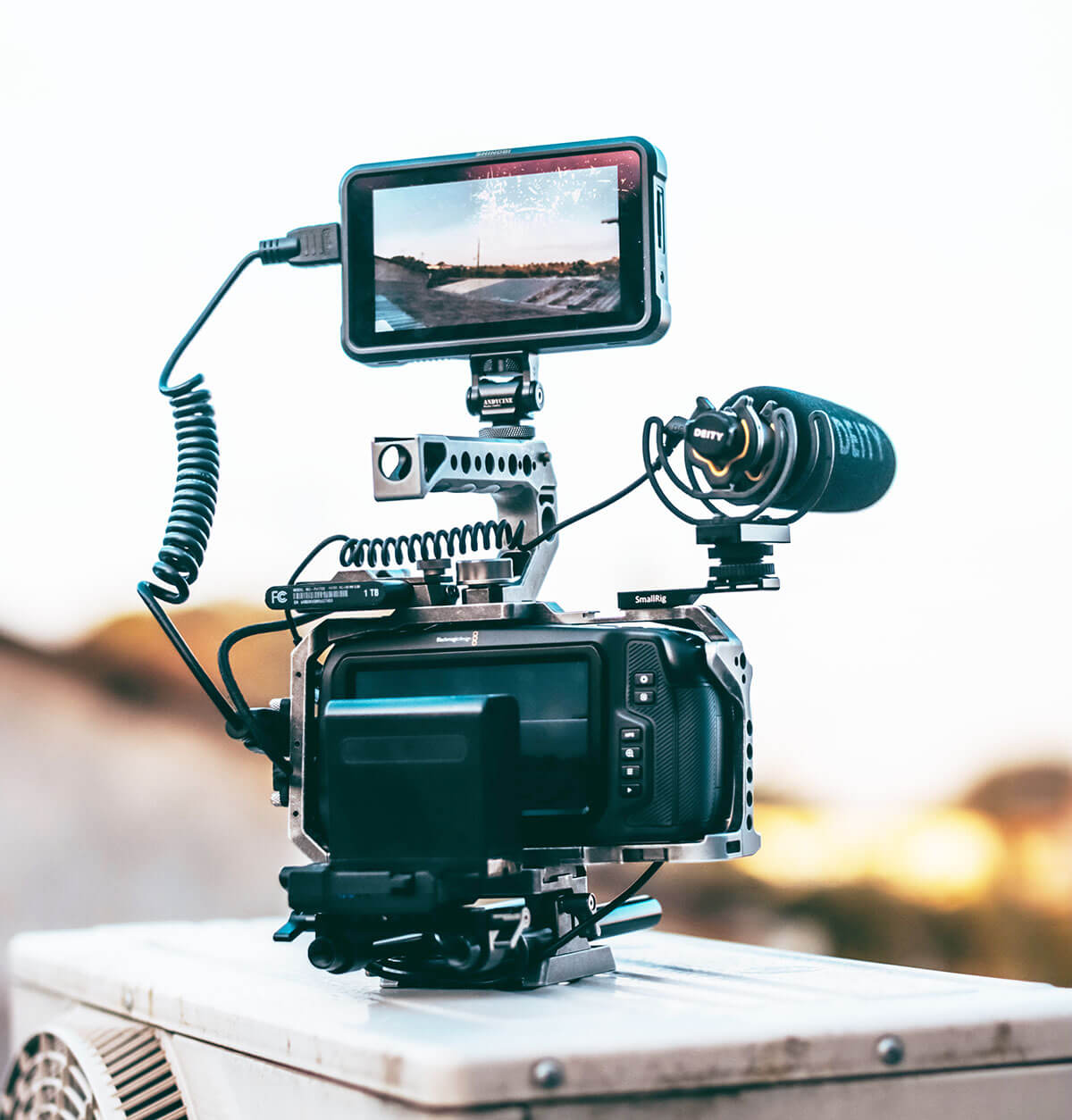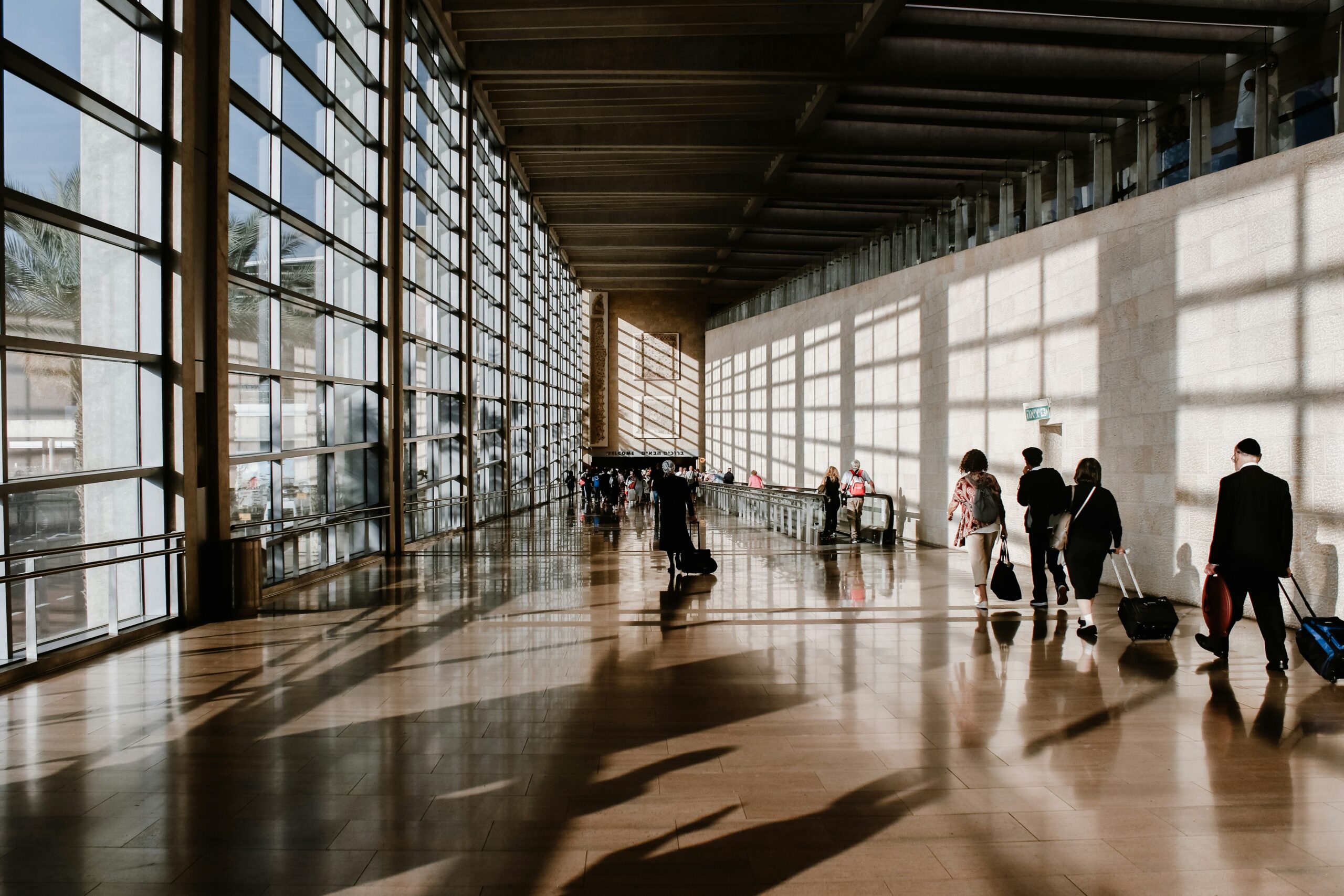Tour guide Ellen Leventer promises to show customers a
different side to Paris, the “places you won’t find online or in the guide
books.”
She’s been running Visit
the Hidden Paris for seven years and benefiting from a surge in
demand for experience-led tours.
This year is all about “meaningful, immersive
experiences that offer up a real taste of a destination,” according to Viator’s latest trends report, as travelers
shift away from “passive sightseeing.”
Like most operators, Leventer adopts a multichannel approach
to marketing, using platforms such as Airbnb Experiences, Tripadvisor,
Expedia
and ToursByLocals, as well as
encouraging direct bookings through her website.
Subscribe to our newsletter below
There’s little traction from Google though, where she has
just a handful of reviews, compared to several hundred on Airbnb and about 60 on
Tripadvisor.
“It hasn’t got me anything,” she said.
But that could be about to change, because experts suggest
Google is refocusing efforts on the tours and activities sector, particularly
its Things to do business-to-business tool, which
helps local operators connect with interested travelers and promote their tours, attractions and activities.
Line in the sand
Reservation technology specialists report a dramatic shift
in the way Google displays and ranks results associated with tours and
activities, as it seems to be prioritizing local businesses over specialist
online travel agencies (OTAs). Generative artificial intelligence (AI) search
results—or “AI Overviews”—also appear to be penalizing these established OTAs.
“What we have seen since mid-December is a complete drop in
performance on organic,” said Brendan Nugent, CEO of United States-based adventure
experience marketplace Adrenaline,
which works with 350 providers. “That is literally like a line in the sand,
around December 12 and 13. All of a sudden, you start analyzing.”
Nugent discovered “navigational referrals” had decreased by
67% so far in 2025, compared to the same period in the prior year. A
navigational search query is a search with the intent of finding a specific
website or page, instead of the user exploring various options or general
information.
He attributed this decline to Google’s increased
prioritization of “official operator” websites with Google Business Profile
listings.
“This change redirects traffic directly to operators,
reducing visibility and clicks for connectivity partners like us,” he said.
“Additionally, we’ve observed a steady increase in the number of partners
connected to Google Things to do, increasing overall competition for visibility
in these placements.”
Lisa Chen, CEO and president at ToursByLocals, has seen a
similar pattern emerge.
“Through our ongoing monitoring of search trends, we’ve
noticed some recent shifts in traffic and leads from Google, particularly as
Google promotes more local tours and activities directly within its search
results,” she said.
PhocusWire contacted Google for comment.
Almost nonexistent
results
Greg Fisher, CEO of tours and activities booking engine TripShock, thinks Google Things to do is
going down the same path as its hotel advertising, aggregating more listings.
“They’re putting more of the paid carousels and free
carousels of the tours and activities feeds in the search results,” he said.
Google Things to do offers both free listings and dynamic
advertising.
It was basically just a list of businesses from Google Maps. And the OTAs were kind of taken right out of it.
Greg Fisher, TripShock
Through his research, Fisher said he was “shocked” to see
organic search results from the likes of TripAdvisor and the bigger travel
websites were “almost nonexistent.”
“It was basically just a list of businesses from Google
Maps. And the OTAs were kind of taken right out of it,” he said. “If they
remove our ability to reach customers and reach audiences through Google and
circumvent that and go right to the local businesses, what does that look like
in five years with OTAs?” he added.
Fisher, who recently published a book called Mastering OTAs
to help educate operators move their business online, thinks Google could even
begin charging these tour operators a subscription fee for their business
profiles.
“Or will it be them paying a commission or some affiliate
fee for the booking? It really made me think that this is going to change
things dramatically as far as how people book experiences,” he said. “OTAs
aren’t going to rule the land anymore in our space. Google is making it easier
for small operators to play on the same field.”
Conversational
queries
Meanwhile, AI continues to impact brand search result
positioning. AI Overviews now consume 42% of desktop search real estate and 48%
on mobile devices, according to travel marketing agency Propellic, with organic results pushed
down by an average of 980 pixels.
“The AI Overview tsunami is here, and it is transforming how
travelers find (or don’t find) your content,” said Brennen Bliss, founder and
CEO of Propellic, in a recent LinkedIn post. He also wrote that
organic click-through-rates have plummeted from 1.41% to 0.64% for queries
where AI Overviews appear.
Overall, Gartner has predicted traditional search engine volume will drop 25% by 2026,
with search marketing losing market share to AI chatbots and other virtual
agents, echoing comments made at the Phocuswright Conference in November, where
Pablo Delgado, CEO of Mirai, said he feels Google “has never been this threatened” over the last
20 years.
City
Cruises, part of the Hornblower Group, said it is seeing a jump in ChatGPT
referrals for its product pages and purchases. In response, it’s doubling down
on ensuring it consistently creates well-structured, relevant content that
ranks highly in traditional search to satisfy AI’s newfound appetite.
“Given results for the same query can vastly differ from
user to user, focusing on maintaining a clean, user-friendly interface
optimized for SEO [search engine optimization] while continuing to get brand
mentions on the web—social media, forum websites, guest blogs, YouTube videos—is
critical,” said Kacy Roseberry, vice president of ecommerce at Hornblower
Group.
“The more places City Cruises are mentioned across the web
and the content is easy to access, the more likely ChatGPT’s own tools will
reference us in its AI searches.”
Meanwhile, ToursByLocals’ Chen said because its content is already “highly authentic,” she is now focusing on amplifying that effect for
AI engines.
“In broad strokes, our focus includes refining our content
to better align with conversational queries, enhancing structured data and
strengthening our authority through strategic off-site initiatives,” she said.
Her goal is for the tours specialist to become a “trusted
source for AI-driven search and recommendations.”
At the same time, Adrenaline’s Nugent said his analysis
showed “categorical referrals” had grown 166% so far this year, compared to the
prior year. This was driven largely by upper-funnel, discovery-oriented queries,
such as Google users typing “best things to do in Denver.”
“While this top-of-funnel traffic is valuable for awareness,
it typically has a lower immediate booking intent and follows a more fragmented
path to conversion. We welcome this traffic, but it requires different
strategies to nurture users through the booking funnel,” he said.
“Overall, we’re seeing that Google’s evolving approach to
surfacing local operators, expanding search engine results page features and
integrating more direct booking options is reshaping the balance between
discovery and direct navigational traffic.”
The future is curated
Among Google’s potentially game-changing maneuvers, the growing numbers of
tours and activities businesses moving online and the impacts of AI, Nugent
said Adrenaline is also exploring new ways to bring extra value to customers.
One of those areas is “managed services” where Adrenaline will support its
adventure providers in ways bigger competitors like Tripadvisor or Expedia
cannot.
“What services do our partners struggle with, and can we
help them? And are we in a position to actually do it better or cheaper?” he
said. As an example, the company has already begun to aggregate inbound calls
for operators, handling peak periods to book for partners. Other avenues
include insurance quoting or even helping with Google Ads.
For the time being, TripShock’s Fisher, as well as
Hornblower’s Roseberry, advise any operators to have a “really strong presence”
on Google—including garnering positive reviews.
“And make sure that you have a reservation software that’s
integrated with Google things to do,” Fisher said.
On the ground, tour guides like Leventer will continue to
focus on delivering memorable experiences, leveraging a tried-and-tested tactic
that guarantees a steady stream of bookings. “Word of mouth, it’s obviously
always the best way,” she said.
Phocuswright Europe 2025
Join us in Barcelona from June 10 to 12 where executives from Tiqets, Viator and others will discuss the latest trends in the tours & activities space.

:max_bytes(150000):strip_icc():format(jpeg)/TAL-header-monpazier-places-des-cornieres-DORDOGNE0525-ec05654faff743408fbf0310c3a62edb.jpg?w=150&resize=150,150&ssl=1)





